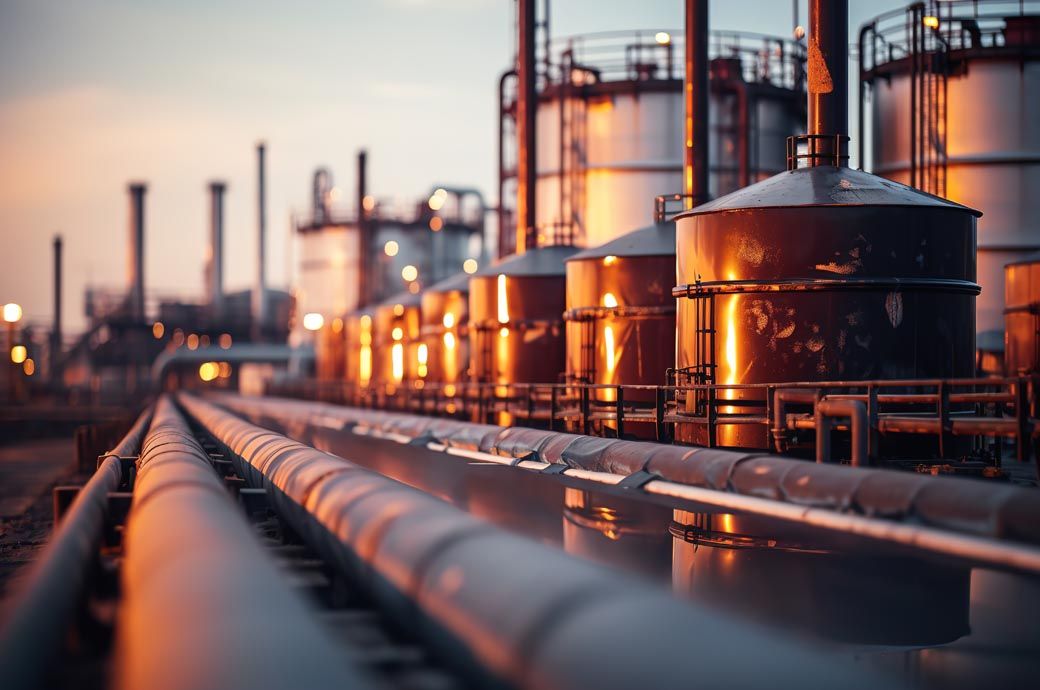
These essential sectors include readymade garments, pharmaceuticals, fertilisers, agricultural products, ceramics, cement, steel, and leather, as per reports.
According to a draft guideline on utilising liquefied petroleum gas (LPG) as an alternative fuel in industries, only those “economically vital industries” that previously applied for but did not receive gas connections until last year will be eligible for supply.
Mahbubul Alam, president of the Federation of Bangladesh Chambers of Commerce and Industry (FBCCI), expressed concerns over the potential hindrance to the growth of small industries even as he emphasised the importance of considering other economically vital sectors like light engineering and food manufacturing.
Furthermore, Mohammad Hatem, executive president of the Bangladesh Knitwear Manufacturers and Exporters Association (BKMEA), highlighted the potential adverse effects on new entrepreneurs and small businesses, particularly if the cost disparity between piped gas and LPG is significant.
The largest gas distributor in the country, Titas, currently has approximately 500 pending applications from industries for new connections. However, due to insufficient production compared to demand, industrial production is being hampered, leading to increased reliance on LPG.
By 2030, the demand for LPG is expected to triple.
The draft policy suggests tax cuts to encourage LPG usage in industries. However, concerns have been raised regarding the dominance of a few businesses in the LPG market, leading to non-compliance with pricing regulations and predatory pricing practices.
The decision is expected to particularly impact small and cottage industries, as their primary energy expenses are likely to rise significantly.
Despite government obligations to provide connections to all sectors, concerns persist over market competitiveness and regulatory oversight in the LPG industry.
Fibre2Fashion
Receive daily prices and market insights straight to your inbox. Subscribe to AlchemPro Weekly!